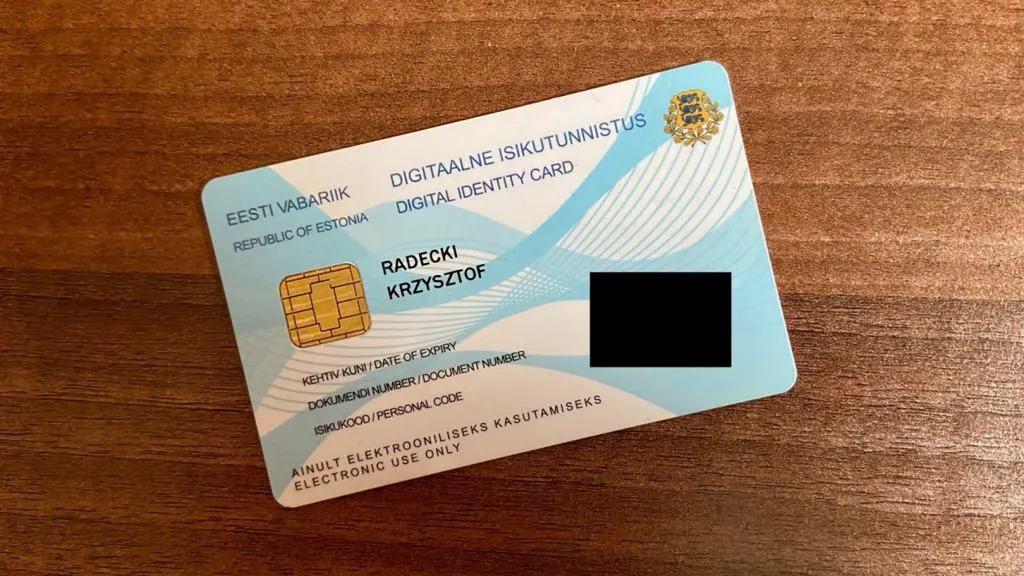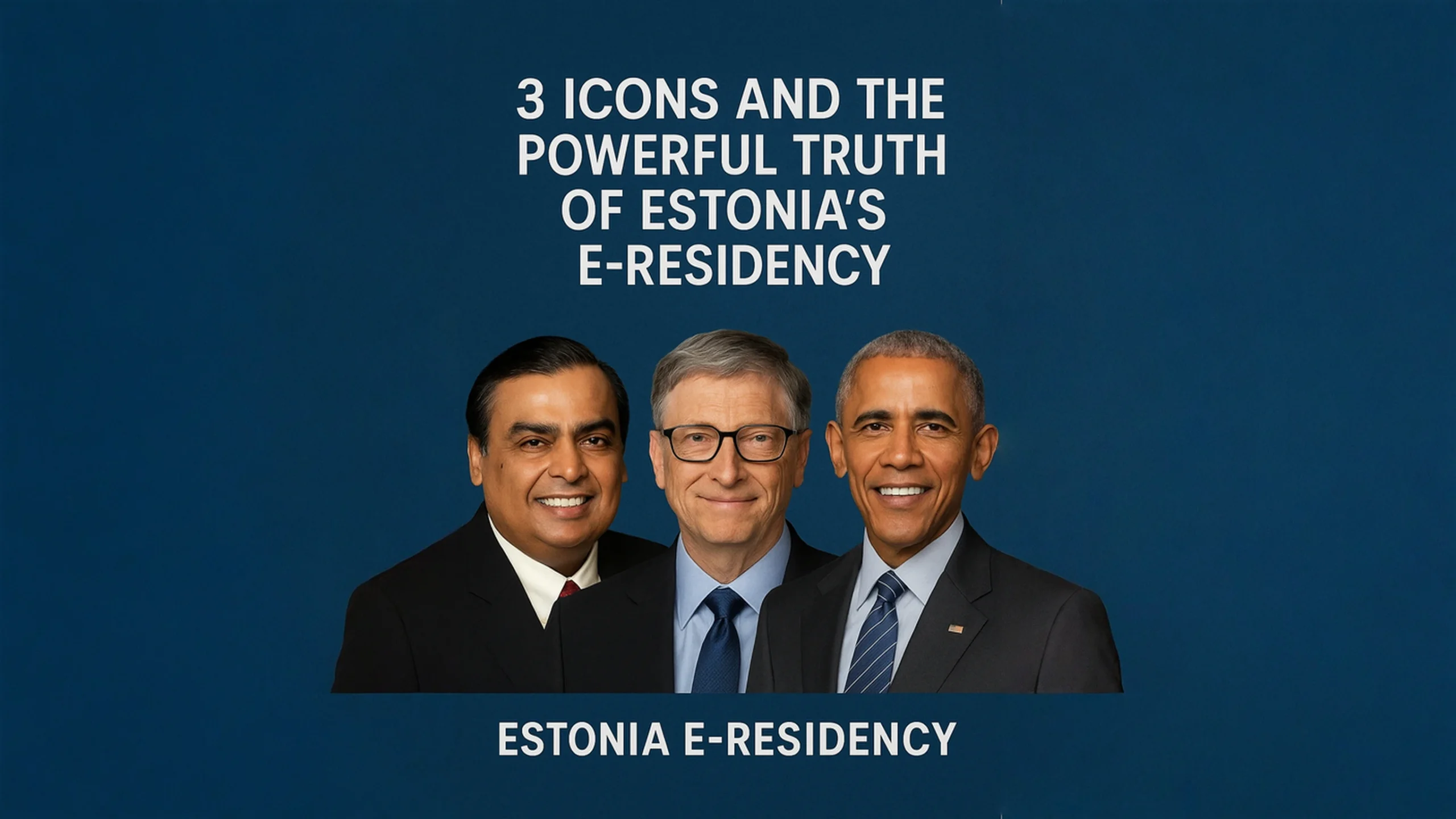Estonia’s Digital Revolution
Estonia’s digital revolution has fascinated the world for more than a decade, with its pioneering e-Residency program standing as a symbol of innovation and borderless entrepreneurship. Launched in 2014, the initiative allows non-residents to establish a trusted digital identity, enabling them to start and manage companies online, access secure services, and sign documents digitally from anywhere. Over the years, the program has attracted thousands of business leaders and innovators. Among the most striking claims circulating in media and startup circles are that three global icons—Mukesh Ambani, Bill Gates, and Barack Obama—are e-residents of Estonia. The idea itself is powerful, but how much of it is true?
Why E-Residency Appeals Globally
The program’s appeal is straightforward: entrepreneurs gain access to the European Union’s single market without moving physically to Estonia. It removes geographical boundaries for freelancers, startups, and even established corporations that seek agility. For India’s tech and business community, the scheme has been positioned as a fast and affordable entry point into the European market. Headlines in recent years have often highlighted prominent personalities who are supposedly part of this digital residency network, using big names to spark interest and credibility.

Mukesh Ambani’s Verified Connection
Among the three names most frequently mentioned, Mukesh Ambani’s connection has the strongest foundation. Reports have revealed that Ambani, chairman of Reliance Industries, had indeed enrolled in the Estonian e-Residency program. This was further reinforced when Reliance opened a research center in Estonia to study and leverage its advanced digital society. Such a move aligned perfectly with Ambani’s long-term vision of digital transformation in India, strengthening the credibility of his association with Estonia’s groundbreaking model.
The Unverified Claims of Gates and Obama
In contrast, the names of Bill Gates and Barack Obama are far less certain. Gates, known worldwide for his philanthropy and technological vision, has often been cited as an e-resident in articles discussing Estonia’s digital governance. Yet no official confirmation from Estonian authorities or the Gates Foundation has been presented to substantiate this. Similarly, Barack Obama’s name repeatedly surfaces in the same lists. The former U.S. president has been linked to many global innovation narratives, but in this case, the evidence is thin and appears to stem from secondary reports rather than verifiable records.
The Power of Perception
The persistence of these claims speaks volumes about how powerful storytelling can be in shaping perception. Linking e-Residency to global figures like Gates and Obama creates a sense of legitimacy and prestige. It encourages entrepreneurs in developing nations to consider Estonia’s offering as a gateway to the European Union, while simultaneously boosting the program’s reputation. However, without clear proof, it risks blurring the line between fact and marketing narrative.
Opportunities in Estonia’s E-Residency
What makes the speculation believable is the global relevance of the initiative itself. Estonia’s e-Residency is not about citizenship, visas, or tax residency; rather, it is about digital access. For ambitious business leaders, it offers the chance to open and run an EU-based company with minimal bureaucracy. It also allows remote entrepreneurs to sign contracts securely, access banking services, and manage cross-border business operations. In a world increasingly dominated by digital commerce, such opportunities are highly attractive to innovators across industries.
Impact on India’s Entrepreneurs
In India, the idea that Ambani embraced the program has resonated strongly. It showcases the country’s most powerful industrialist leveraging Estonia’s digital innovation, sparking curiosity among startups and small business owners. For Gates and Obama, the rumors, whether accurate or not, continue to spark intrigue. The possibility that two of the world’s most influential figures might be tied to such a forward-thinking initiative only adds to its global appeal.
Conclusion: Myth or Reality?
At its core, the story of Estonia’s e-Residency program is about possibility and perception. Even if some celebrity claims remain unverified, the association itself underscores the program’s symbolic power. For Ambani, the verified link serves as a real-world example of how top business leaders can integrate with Estonia’s system for strategic advantage.
For Gates and Obama, the debate continues. Regardless, the conversation itself reflects the scale of Estonia’s achievement in building the world’s first digital nation without borders. Ultimately, whether myth or fact, the names Ambani, Gates, and Obama attached to e-Residency demonstrate how one small country has managed to capture the imagination of global business. Estonia’s innovation has proven so powerful that even unverified associations with world leaders become headlines, and that, in itself, may be the greatest endorsement of all.
For more detailed information and to apply, visit the official e-Residency website.
Disclaimer: This article is based on information available from public sources. It has not been reported by EQMint journalists. EQMint has compiled and presented the content for informational purposes only and does not guarantee its accuracy or completeness. Readers are advised to verify details independently before relying on them.



